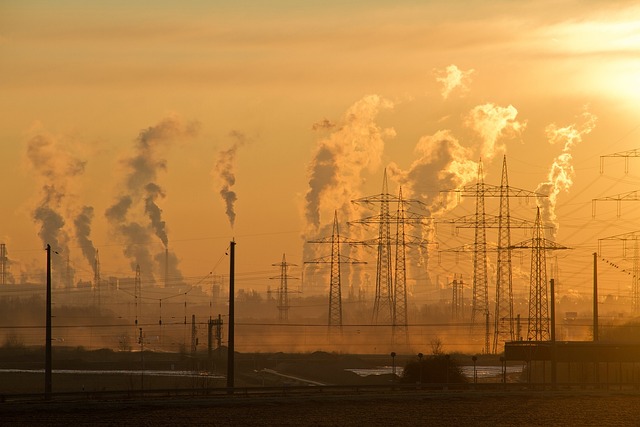Understanding Light Pollution and Its Effects on Sleep
In our fast-paced modern world, the simple act of sleeping has become a challenge for many. One of the most insidious culprits behind this widespread issue is light pollution. This often-overlooked phenomenon extends beyond the glittering city skylines; it seeps into our homes, affecting our ability to unwind, our overall health, and even our dietary choices.
Lifestyle Impacts
Light pollution infiltrates our lives subtly yet consistently. The harsh glow of streetlights, neon signs, and even the screens of our devices can disrupt our natural circadian rhythms. These rhythms, vital to achieving restorative sleep, are our internal clocks that dictate our sleep-wake cycles based on light exposure. For many, this means tossing and turning at night, unable to escape the grip of artificial light.
To mitigate these effects, consider making conscious lifestyle changes. Embrace the calming embrace of a nighttime routine that prioritizes dimming lights and reducing screen time. Cozy evenings spent with a good book or soft music can help signal your body that it’s time to wind down. The key is to create a sanctuary where your body can feel safe and relaxed, free from the invasive glare of light pollution.
Health Consequences
The health implications of insufficient sleep due to light pollution are profound. Studies show that chronic sleep disruption can lead to an array of health issues, including obesity, diabetes, and even cardiovascular diseases. When we don’t get the necessary rest, our body’s healing processes become compromised, affecting our immune function and overall wellbeing.
A lack of sleep also triggers an increase in stress hormones like cortisol, which can lead to emotional instability and irritability. For those who pride themselves on their mental acuity, a restless night means foggy thinking, decreased productivity, and a grim mood during the day. It’s essential to recognize the weight of these consequences and understand that we hold the power to make changes that promote better sleep hygiene.
Nutrition’s Role in Sleep
If light pollution is hindering our sleep, we must look at how nutrition intertwines with this problem. The food we consume can either promote restful sleep or worsen insomnia. A diet high in processed foods and sugars can lead to spikes in energy, making it even harder to settle down at night. Conversely, incorporating sleep-friendly foods can help you reclaim your nights.
Foods rich in magnesium, such as leafy greens, nuts, and seeds, are known for their calming properties. Additionally, tryptophan-rich foods like turkey, bananas, and oats can help boost serotonin levels, paving the way for the production of melatonin, the hormone that regulates sleep. Creating a mindful approach to your diet, combined with an awareness of light pollution, can foster an environment conducive to relaxation and rejuvenation.
While light pollution may seem like a minor inconvenience, its multi-faceted impact on sleep is undeniable. By recognizing how it influences our lifestyle, health, and nutrition, we can take meaningful steps toward reclaiming our nights and rejuvenating our days. Prioritize your well-being by embracing the necessary changes that can lead to more restful nights and healthier living.



